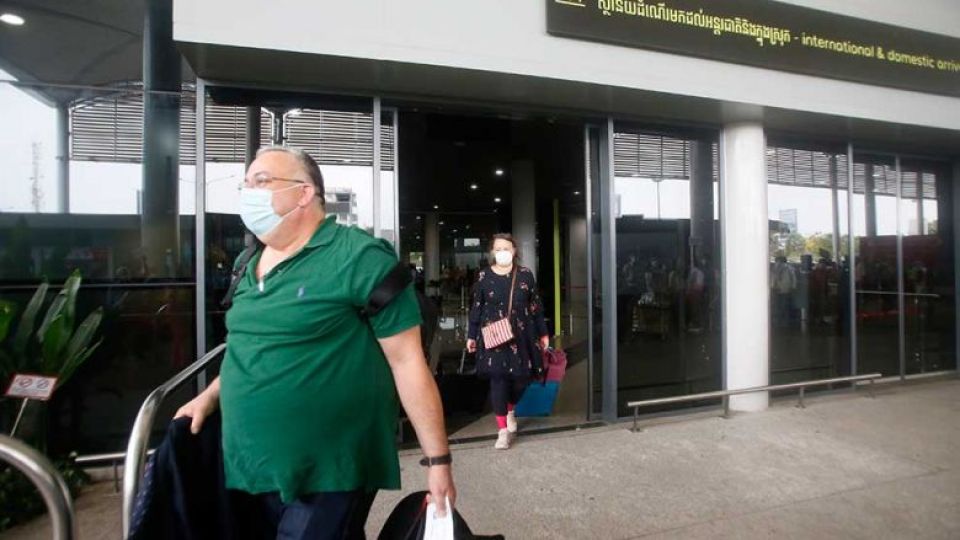July 12, 2022
PHNOM PENH – Inbound travellers to Cambodia who have not received a primary course of Covid-19 vaccines will no longer be required to quarantine if a rapid test administered upon arrival comes back negative, according to Minister of Health Mam Bun Heng. The rule change is effective from the onset of July 11.
In a press statement issued late on July 8, Bun Heng affirmed that health officials would administer the Covid-19 antigen rapid tests at all entry points into the country, and that with a negative result, any individual would be free to continue on to their domestic destination.
In the event of a positive result, individuals with mild condition may receive treatment at home or any facility as determined by the health ministry or authority in charge. Those in severe condition must receive care at designated Covid-19 treatment centres. All costs associated with treatment and accommodation are borne by the individual.
Arrivals to Cambodia who have not been fully vaccinated must pay $5 for each rapid test kit and “follow the procedures as established by the health ministry and Ministry of Economy and Finance”, the minister said, confirming that Prime Minister Hun Sen had greenlit the rule changes.
Fully vaccinated inbound passengers have been exempted from Covid-19 rapid antigen test upon arrival since March.
Separately, Bun Heng urged that anyone “who may not have been able to get vaccinated – with both base and booster shots – due to factors unrelated to health, it is recommended that they go get the jab immediately at a vaccination site free-of-charge”.
The minister called on the public to practise the standard Covid-19 preventive measures, such as the “three do’s and three don’ts” guidelines.
The “three do’s” – also called the “three protections” – are to wear a face mask, wash hands frequently, and keep a safe distance of at least 1.5m from other people. The “three don’ts” are to avoid confined and enclosed spaces, stay away from crowded places and refrain from touching others.
On July 8, the Ministry of Tourism also notified private tour associations, relevant institutions, journalists, domestic and international tourists and the public about the quarantine exception.
It urged them to continue to follow all safety measures while also sharing the information in order to attract more tourists.


